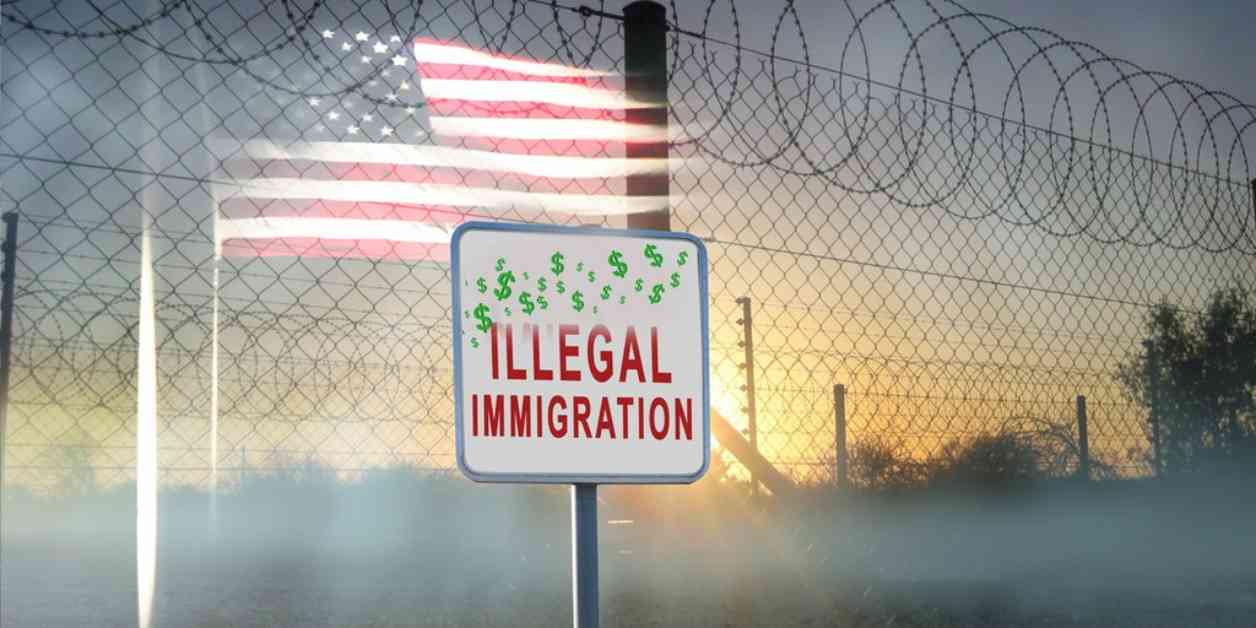Nearly 1.4 million undocumented immigrants from 177 countries have traveled through Mexico to the United States from January to May, according to Mexico’s National Institute of Migration. This unprecedented surge of illegal immigration, as noted by Mark Krikorian, the executive director of the Center for Immigration Studies, is fueled by President Biden’s so-called “open invite” to the border. This surge has overwhelmed the social services system, overcrowded school districts, and increased homeless encampments. Moreover, there is a hotly debated issue of crime concerning the link between immigration and spikes in violence, with high-profile crimes involving illegal immigrants, such as the murders of Rachel Morin and Laken Riley.
While illegal immigration from Mexico into the U.S. has been a perennial issue, the current global influx has created an irreversible situation in the country. The sheer number of immigrants from various countries poses a complex challenge for deportation efforts due to differing travel requirements, lack of proper documentation, and logistical complications involving multiple consular services and diplomatic agencies. Some countries may even resist accepting their undocumented nationals back, further complicating the enforcement of immigration laws.
The U.S. Immigration and Customs Enforcement (ICE) agency’s non-detained docket has surged to over 7 million cases in fiscal year 2024, placing a significant strain on staffing resources. Each ICE officer is currently responsible for approximately 7,000 cases on average, highlighting the overwhelming nature of the situation. This surge in cases is part of the Alternatives to Detention program, which aims to support noncitizens’ compliance with release conditions and increase court appearance rates.
As the immigration crisis continues to unfold, it raises critical questions about the country’s ability to manage such a massive influx of undocumented immigrants from diverse backgrounds. Addressing these challenges will require a comprehensive approach that considers the legal, logistical, and diplomatic complexities involved in enforcing immigration laws effectively. The situation underscores the need for a coordinated response at the national and international levels to address the root causes of illegal immigration and ensure the integrity of the immigration system for the future.


















